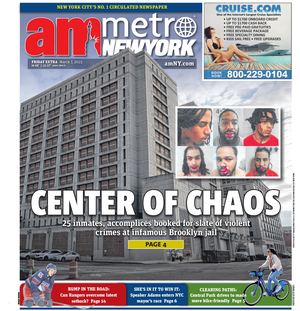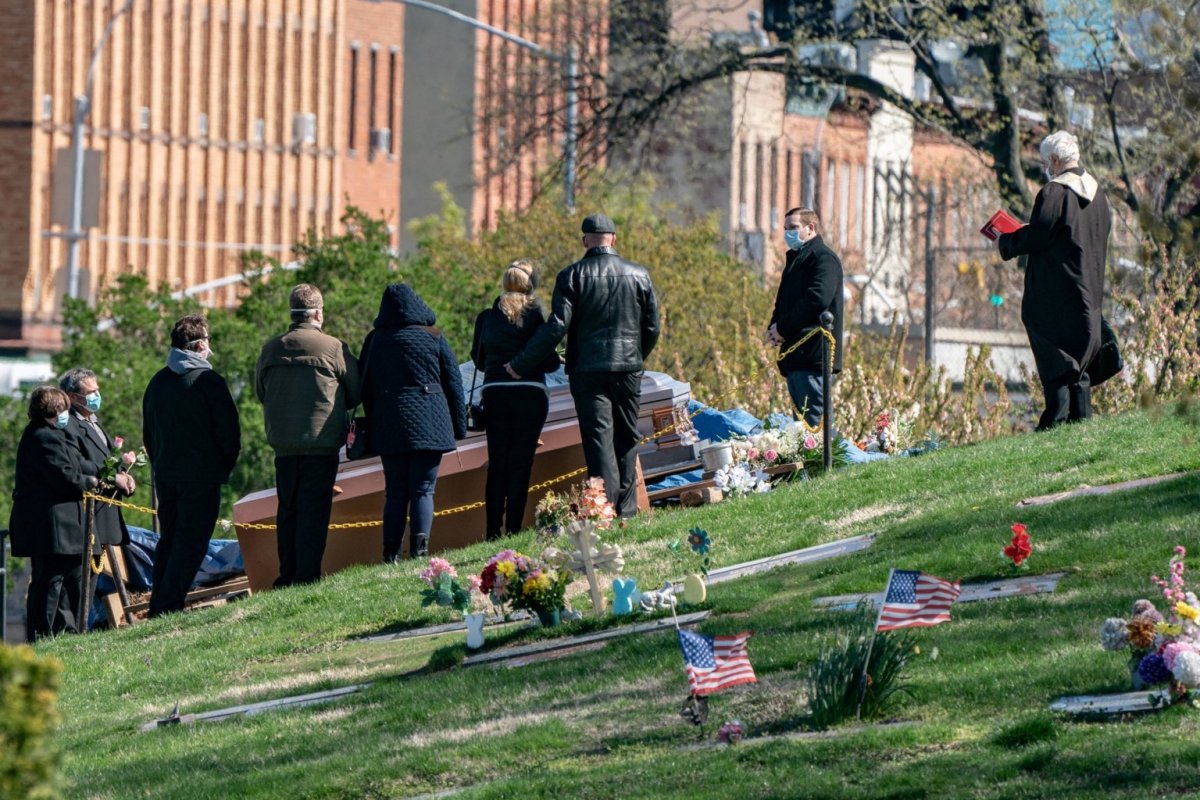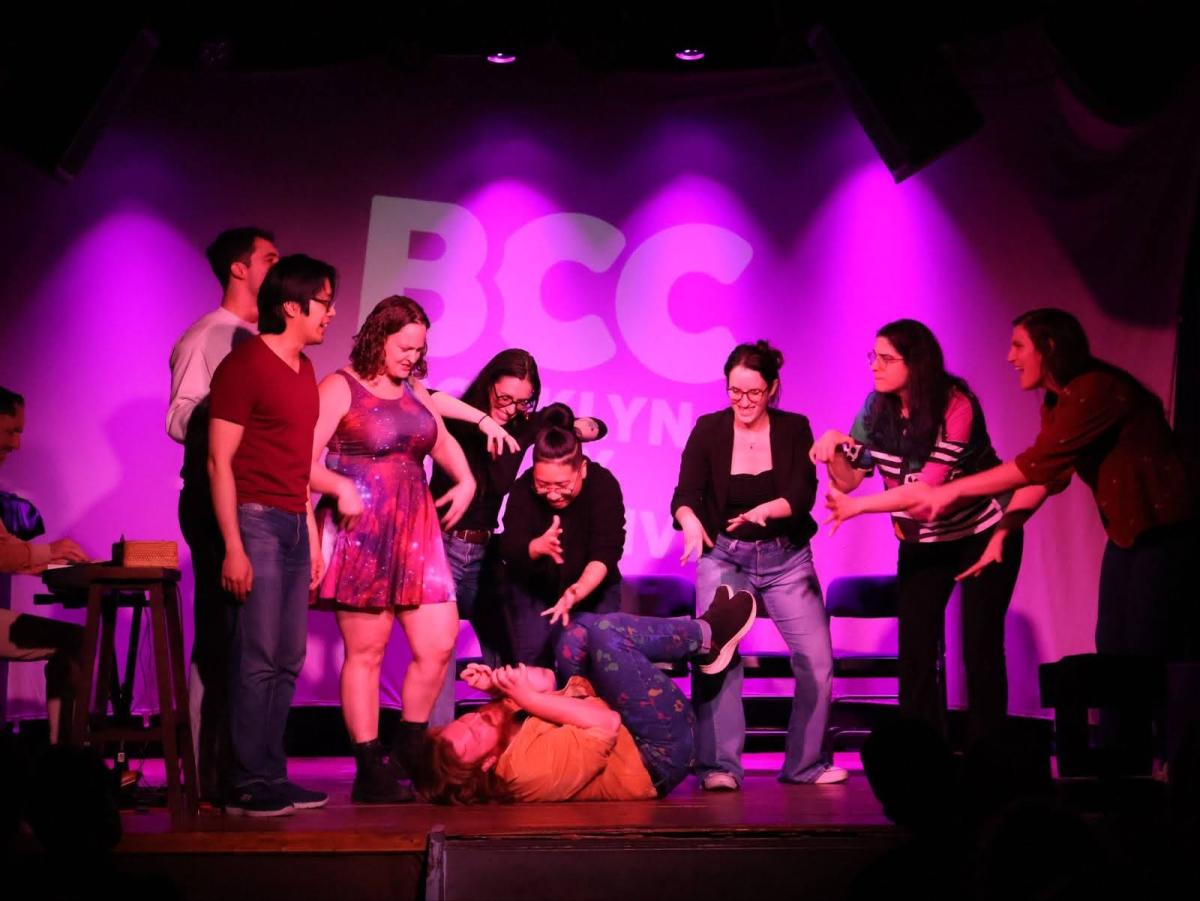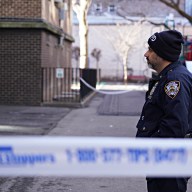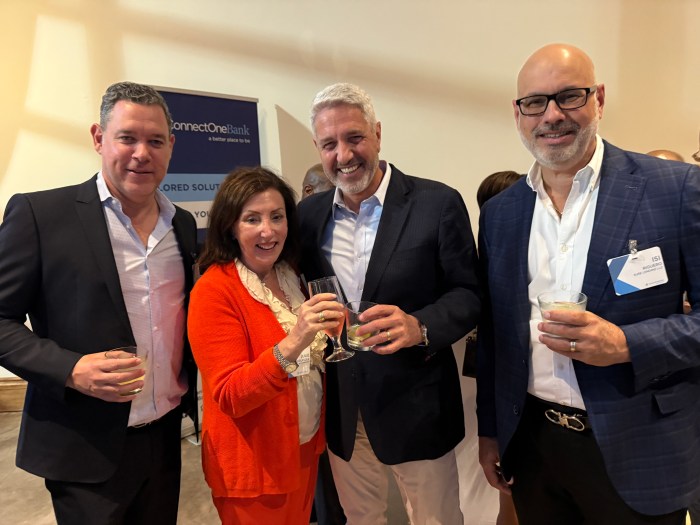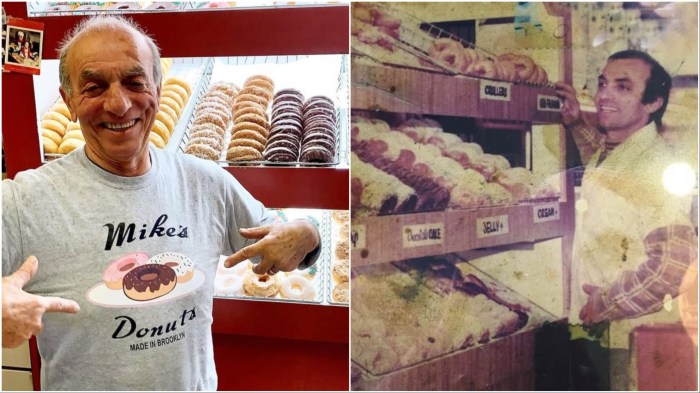BY JESSICA PARKS
Brooklyn’s undocumented immigrants are seeing higher death rates from the novel coronavirus than the general population, and community organizations are having a difficult time navigating the process for burials and cremations — which is compounded by the lack of government support.
“At the front lines, we know that they are dying at higher rates from COVID,” said Councilman Carlos Menchaca. “We are struggling to ensure that our local municipal government is going to take care of them.”
Citing a lack of available city services, the Sunset Park councilman’s office has been supporting undocumented immigrants across the city in making funeral arrangements for their deceased loved ones — a process in which, he claims, many non-English speaking families are being subjected to price gouging.
“We are trying to run as fast as we can to get as much information as possible,” Menchaca said. “Funeral expenses and price gouging, we are working with Attorney General Tish James to get to the bottom of that.”
Undocumented families have also been relying on community institutions, like Mixteca Organization in Greenwood Heights, to guide them through the complicated bereavement process as language barriers make their situation increasingly difficult.
“We get a lot of heavy stories every day,” said Janet Perez, program director of the Mixteca Organization. “Even the process of claiming their loved one, they haven’t even been able to do it because of the language access barrier.”
Representatives from the community-based organization have been in constant contact with funeral directors to support non-English speaking families in making funeral arrangements, and have been using those experiences to compile data in an effort to dispatch more comprehensive information on the bereavement process for the families they serve.
“We are helping them advocate in a way where we can be on the phone call with them and be persistent and follow up with someone from the funeral home,” Perez said. “We really try to provide an extra level of advocacy because oftentimes they feel intimidated.”
The lack of reliable information available to undocumented immigrants leads to heightened fears about the burial of their loved ones amid reports of mass graves and mishandling of bodies, Menchaca said.
“The fear of losing bodies in this massive processing of deaths and the lack of information families were getting about where their loved ones just made people afraid,” Menchaca said.
Moreover, many immigrant families hope to return the bodies of their loved ones to their home countries which the pandemic has made exceedingly difficult and more costly, according to the councilman, as many Latin American countries banned the repatriation of bodies from the United States in an attempt to control the virus’ spread across borders — which forces families to store their loved one’s bodies until restrictions are lifted.
“All of it just crumbled, no country was taking bodies from the United States,” Menchaca said. “They have to get stored somewhere and that costs money, there is just a real mess there.”
The city Department of Social Services recently made financial assistance up to $1,700 available for all city dwellers who present a loved one’s valid death certificate, regardless of their immigration status, to help pay for funerals, provided that the total cost of the funeral is less than $3,400.
This story first appeared on brooklynpaper.com.
